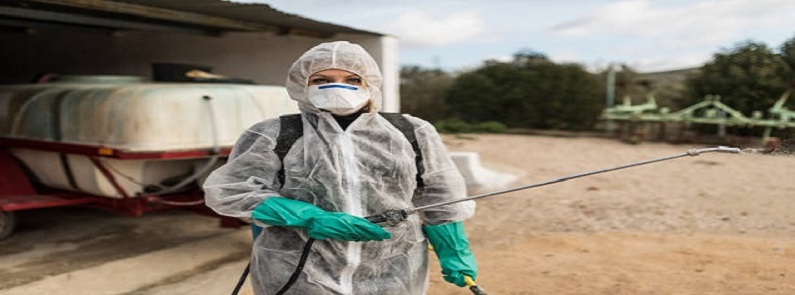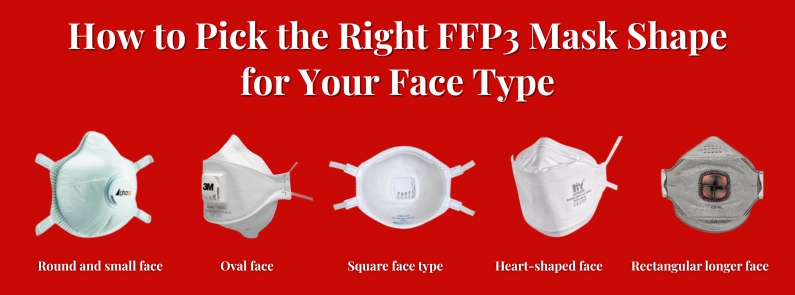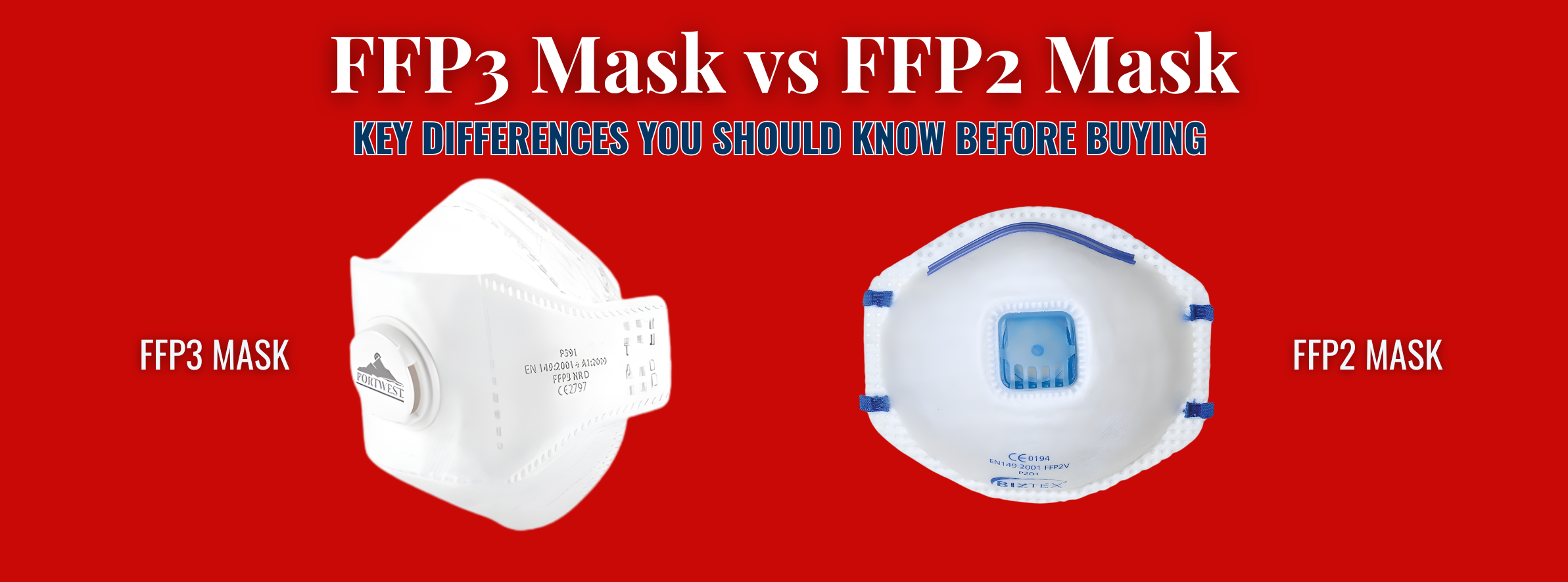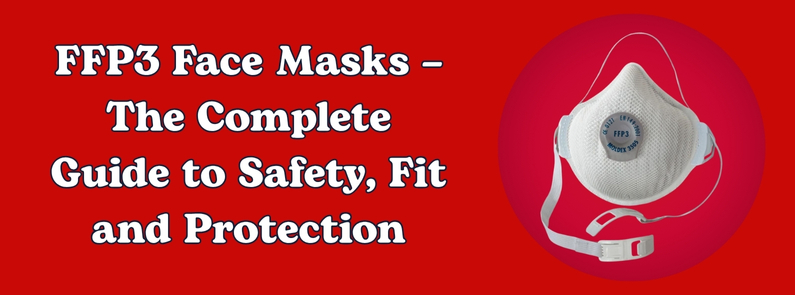 Exposure to pesticide concentrations or vapour drift can harm applicators, bystanders, and the environment. Therefore, those who handle pesticides must be aware of and adhere to safety procedures to minimise danger.
Exposure to pesticide concentrations or vapour drift can harm applicators, bystanders, and the environment. Therefore, those who handle pesticides must be aware of and adhere to safety procedures to minimise danger.
Wearing a mask is essential to avoiding the respiratory risks connected to pesticide application. By wearing respirators and disposable coveralls, applicators are shielded from airborne chemicals or particles that could have fatal or otherwise adverse health consequences.
Respiratory Protection Equipment
The primary reason for wearing a respirator is safety. Certain pesticide product labels make it mandatory to wear them. All personal protective equipment (PPE) label instructions must be strictly followed. For various tasks, different PPE standards are listed. Rather than the application, PPE is usually required for mixing and loading.
Before using a respirator, it is essential that you have a medical examination. Your body needs more energy to breathe using a respirator. When using respirators, people with heart and lung disorders should exercise caution. Some people find it uncomfortable to use it because they are claustrophobic or for other reasons. It is preferable to uncover any personal restrictions ahead of a pesticide application than afterwards.
The design, application, and protective capacity of respiratory protection equipment differ. Additionally, one must also consider the risk associated with breathing in the hazardous chemical before the user may choose a respiratory protective gear. They must also be aware of the equipment's unique applications and limits.
Types Of Respirators
There are two sorts of respiratory protection devices:
-
Air Purifying
Devices that purify the air include spray masks, nuisance dust masks, particulate air filters and others. They can only be utilised in atmospheres with enough oxygen to support life. Most air-purifying respirators feature negative pressure, which forces air to be pulled through the filter by the user's lungs.
If the mask leaks due to a hole in it or a poor fit on the applicator's face, the respirator will no longer be functional. As air-purifying equipment can remove the majority of pesticide pollutants from the air you inhale, they are the most commonly used mask in industry.
-
Nuisance Dust Masks
Nuisance dust masks should only be used when the dust is not harmful to your health because they only offer comfort from big dust particles and irritations. Nuisance dust masks can provide basic protection from the non-toxic dust particles.
-
Particulate Air Filters
Particulate air filters guard against airborne particles but not chemical vapours or gases. Even though particulate air filters are used in some pesticide circumstances, they should not be used when mixing or applying pesticide solutions since spilt or splashed liquids or pesticide vapours can be absorbed by the mask and pose a risk of exposure to the wearer.
-
Spray Masks
Full-facepiece respirators with a single filtering canister are typically used as gas/spray masks. A complete facepiece offers a superior seal and protection for the mouth, nose, and eyes than a partial facepiece.
When repeatedly exposed to some pesticides, the canister will survive longer than chemical cartridge respirators. However, the lack of air supply prevents a spray mask from offering protection. In these circumstances, a customised respirator with a self-contained airflow should be worn.
Air-Supplying Respirators
When other respirators don't offer sufficient protection, air-supplying respirators are utilised. Additionally, they are utilised when the oxygen level is minimal and when the pesticide label specifies them. Clean air is delivered directly to the face mask through a hose by supplied-air respirators. Thus, the functioning range is constrained to the hose's length. Clean air is supplied via carried cylinders with self-contained breathing equipment (SCBA). They provide additional mobility and call for particular training to utilise them effectively. There is only enough air for 30 to 60 minutes.
Dust Masks And Respirators At Respirator Shop
The Respirator Shop carries a large selection of protective gear, including dust masks, respirators, filters, and spray masks. The best deals on premium brands like 3M, Moldex, and Portwest. When working with pesticides it's imperative to wear protective masks after ensuring that they are a tight/perfect fit with the aid of a face fit testing kit. Our high-quality dust masks and respirators can shield you during cleaning or application tasks.
The Top Selling 3M Respirators at Respirator Shop are as follows:
The 3M Aura line is the market leader in the sector for shielding users against fine dust, oil, and water-based mist.
- 3M Cool Flow Valve
- Low Breathing Resistance Filter Technology
- Innovative Chin Tab
Bottom Line
Visit the Respirator Shop if you're hunting for high-quality respirators. We provide the most effective respirators and other safety-related products at competitive pricing. Contact our experts as soon as possible to learn more about which mask will best fit your needs and have a seamless purchasing experience with us.



